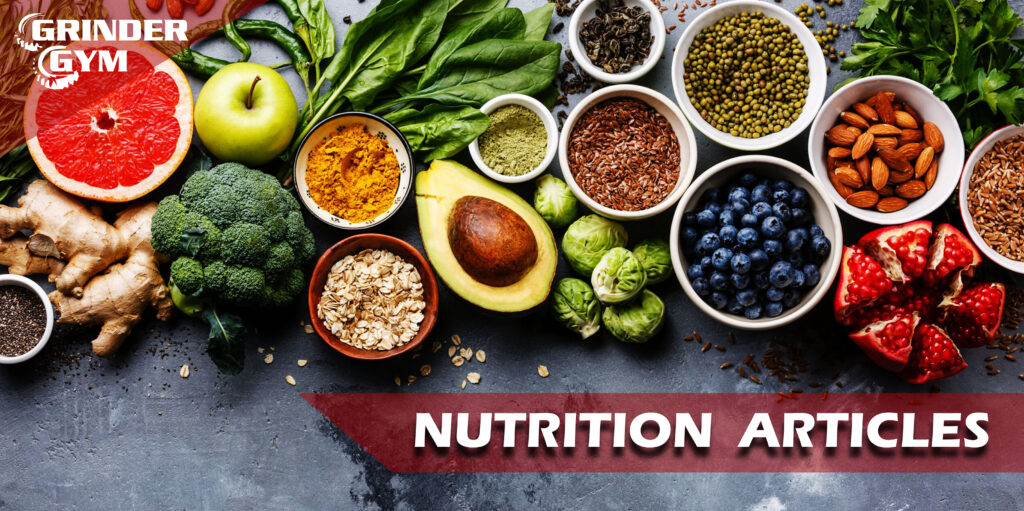
Proper hydration is a cornerstone of athletic performance and overall health. The timing of fluid intake is crucial for ensuring that the body remains hydrated before, during, and after exercise. This detailed exploration covers the importance of testing hydration status, the relationship between hydration and performance, common hydration issues, and strategies to optimize fluid intake for athletes and active individuals.
Testing Hydration Status
Hydration status refers to the balance of fluids in the body, which is essential for maintaining normal physiological functions. Accurate assessment of hydration status is critical for athletes, as even mild dehydration can impair performance and increase the risk of heat-related illnesses. Several methods are commonly used to test hydration status:
Urine Color:
- Simple and Practical: Urine color is one of the simplest and most practical methods for assessing hydration status. Light-colored urine typically indicates good hydration, while dark yellow or amber urine suggests dehydration. However, factors such as diet, supplements, and medications can affect urine color, so this method should be used in conjunction with other assessments.
Urine Specific Gravity (USG):
- Measuring Concentration: Urine specific gravity is a more precise method that measures the concentration of solutes in the urine. A USG value of 1.020 or lower generally indicates good hydration, while higher values suggest dehydration. This test requires a refractometer and provides quick and reliable results.
Body Weight Changes:
- Tracking Fluid Loss: Monitoring body weight before and after exercise is an effective way to estimate fluid loss. A loss of 1-2% of body weight indicates mild dehydration, while losses greater than 3% can significantly impair performance and increase health risks. It’s important to account for any fluid consumed during exercise when using this method.
Thirst Sensation:
- Subjective Indicator: Thirst is the body’s natural signal for needing fluids, but it is not always a reliable indicator of hydration status. By the time thirst is felt, the body may already be mildly dehydrated. Athletes should be encouraged to drink fluids regularly, rather than relying solely on thirst as a cue.
Urine Osmolality:
- Laboratory Measure: Urine osmolality measures the concentration of particles in the urine and provides a more detailed assessment of hydration status. It is typically used in laboratory settings and can indicate whether an individual is in a state of dehydration or overhydration.
Hydration and Performance
Hydration is fundamental to maintaining performance across all types of physical activity. Even slight dehydration can lead to a noticeable decline in physical and cognitive performance, making proper fluid intake essential for athletes.
Impact on Physical Performance:
- Thermoregulation: Water is crucial for regulating body temperature. During exercise, especially in hot or humid conditions, the body relies on sweating to dissipate heat. Dehydration reduces the body’s ability to cool itself, leading to an increased risk of heat exhaustion or heat stroke.
- Cardiovascular Function: Adequate hydration maintains blood volume, which is essential for cardiovascular function during exercise. Dehydration leads to reduced blood volume, which increases heart rate and decreases cardiac output, ultimately impairing endurance and performance.
- Muscle Function: Water is essential for maintaining muscle function. Dehydration can lead to muscle cramps, weakness, and fatigue, reducing strength and endurance. Proper hydration helps maintain electrolyte balance, preventing cramping and promoting efficient muscle contractions.
Impact on Cognitive Performance:
- Concentration and Decision-Making: Dehydration can impair cognitive functions such as concentration, memory, and decision-making. This is particularly critical in sports that require quick thinking and strategic planning, such as team sports or combat sports.
- Mood and Motivation: Dehydration can negatively impact mood and motivation, making it harder for athletes to push through challenging training sessions or competitions. Staying hydrated helps maintain mental focus and a positive outlook during performance.
Hydration Issues
While proper hydration is crucial, there are several issues that athletes may face related to fluid intake:
Dehydration:
- Causes and Consequences: Dehydration occurs when fluid loss exceeds fluid intake, leading to a deficit that can impair physical and cognitive performance. Common causes include insufficient fluid intake, excessive sweating, and prolonged exercise in hot or humid conditions. Symptoms of dehydration range from mild (thirst, dry mouth, dark urine) to severe (dizziness, rapid heartbeat, confusion), and in extreme cases, dehydration can be life-threatening.
Hyponatremia:
- Overhydration: Hyponatremia is a condition where the sodium levels in the blood become dangerously low, often due to excessive fluid intake without adequate sodium replacement. This condition is most commonly seen in endurance athletes who consume large volumes of water over extended periods without replenishing electrolytes. Symptoms include nausea, headache, confusion, and in severe cases, seizures or coma. To prevent hyponatremia, athletes should balance fluid intake with electrolyte replenishment, especially during long-duration events.
Electrolyte Imbalance:
- Importance of Electrolytes: Electrolytes, such as sodium, potassium, calcium, and magnesium, are essential for maintaining fluid balance, nerve function, and muscle contraction. Excessive fluid loss through sweat, particularly in hot conditions, can lead to an electrolyte imbalance, resulting in muscle cramps, fatigue, and impaired performance. Replenishing electrolytes through sports drinks, foods, or supplements is critical for preventing these issues.
Gastrointestinal Distress:
- Fluid Intake and Digestion: Consuming large volumes of fluid too quickly or relying on sugary sports drinks can lead to gastrointestinal distress, such as bloating, nausea, or diarrhea. To avoid these issues, athletes should sip fluids gradually, choose drinks with a balance of electrolytes and carbohydrates, and avoid overly concentrated beverages.
Conclusion
Proper timing and management of fluid intake are essential components of an athlete’s nutrition strategy. By regularly testing hydration status, understanding the critical role of fluids in maintaining performance, and addressing common hydration issues, athletes can optimize their fluid intake to support peak performance and overall health. Hydration strategies should be tailored to the individual, taking into account factors such as the type of sport, environmental conditions, and personal sweat rate. By prioritizing hydration, athletes can enhance endurance, reduce the risk of injury or heat-related illnesses, and ensure that they are performing at their best in both training and competition.
Recent Nutrition Articles:
NUTRITION








Comments are closed